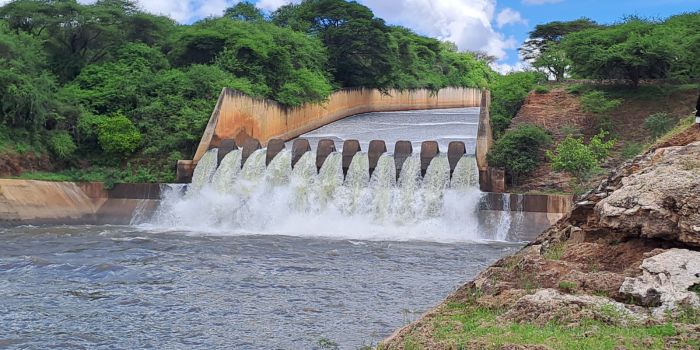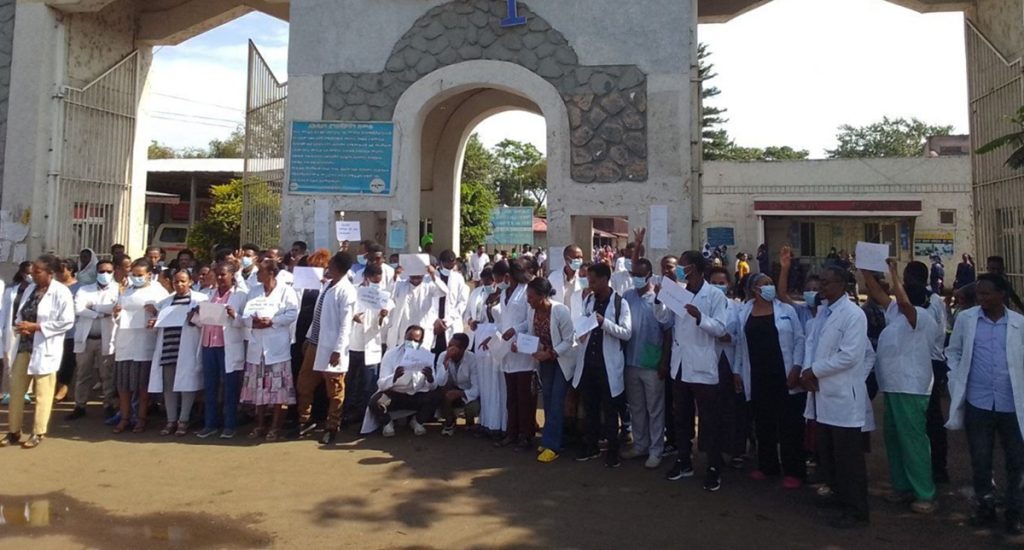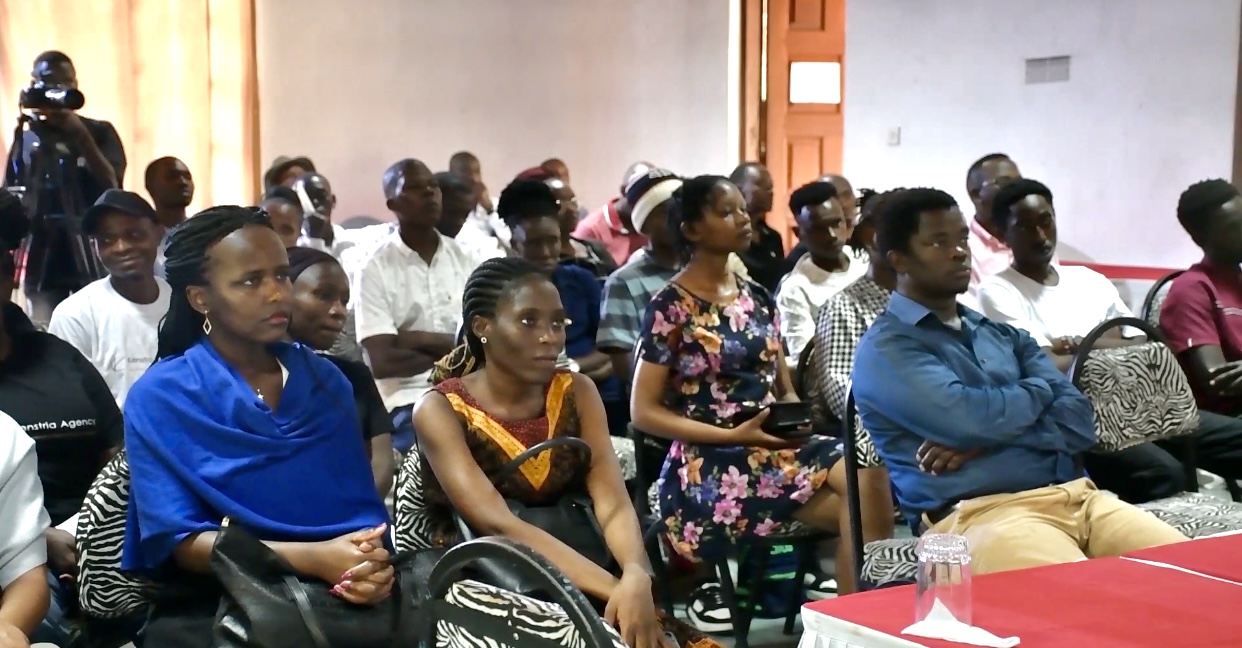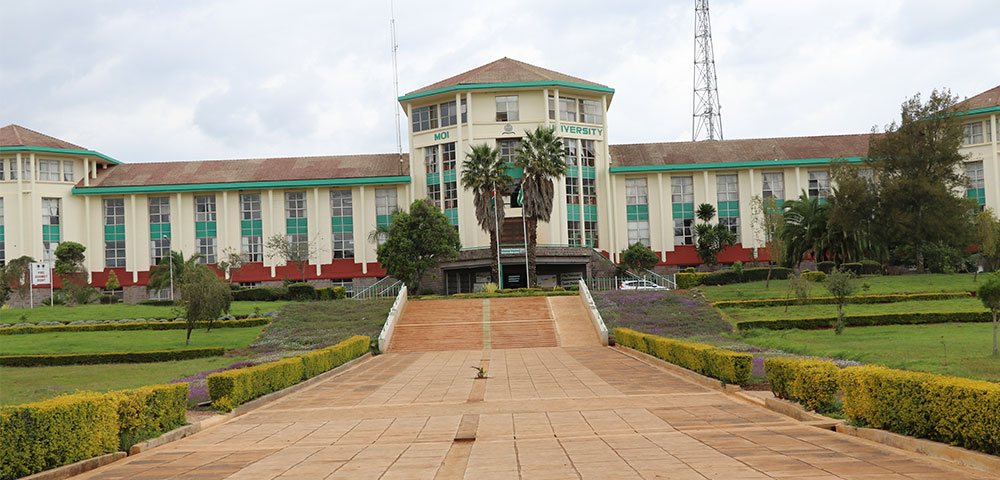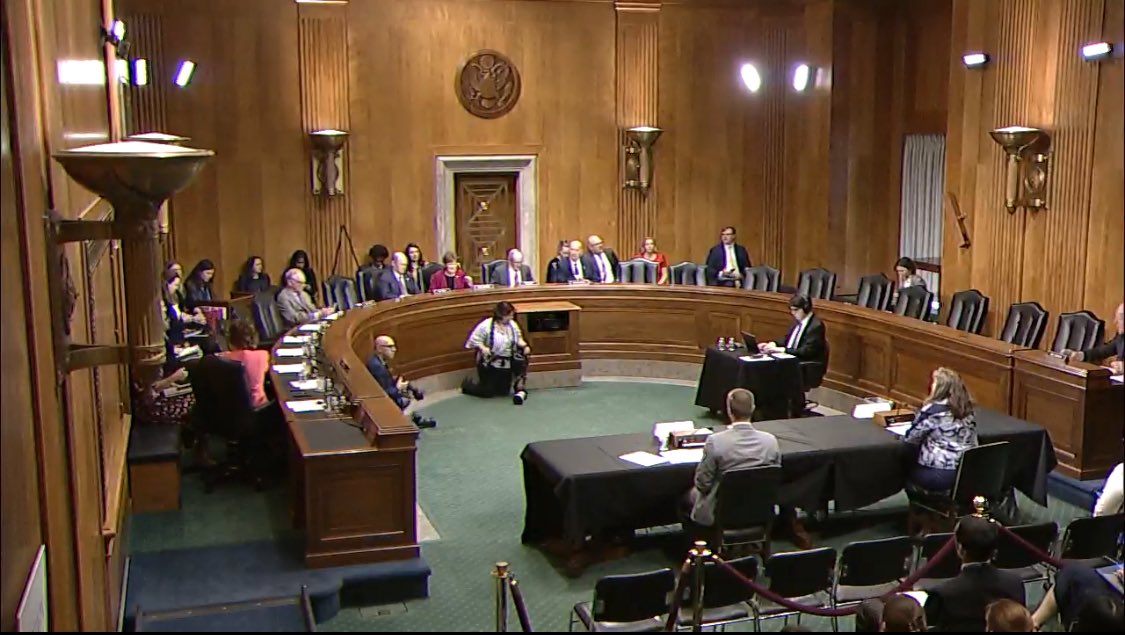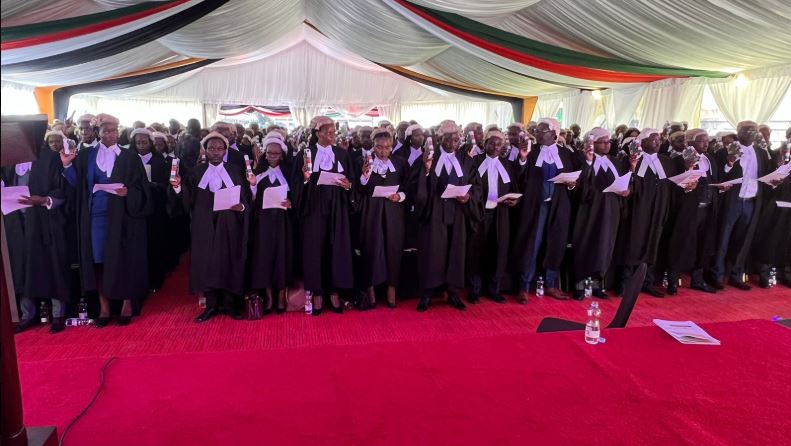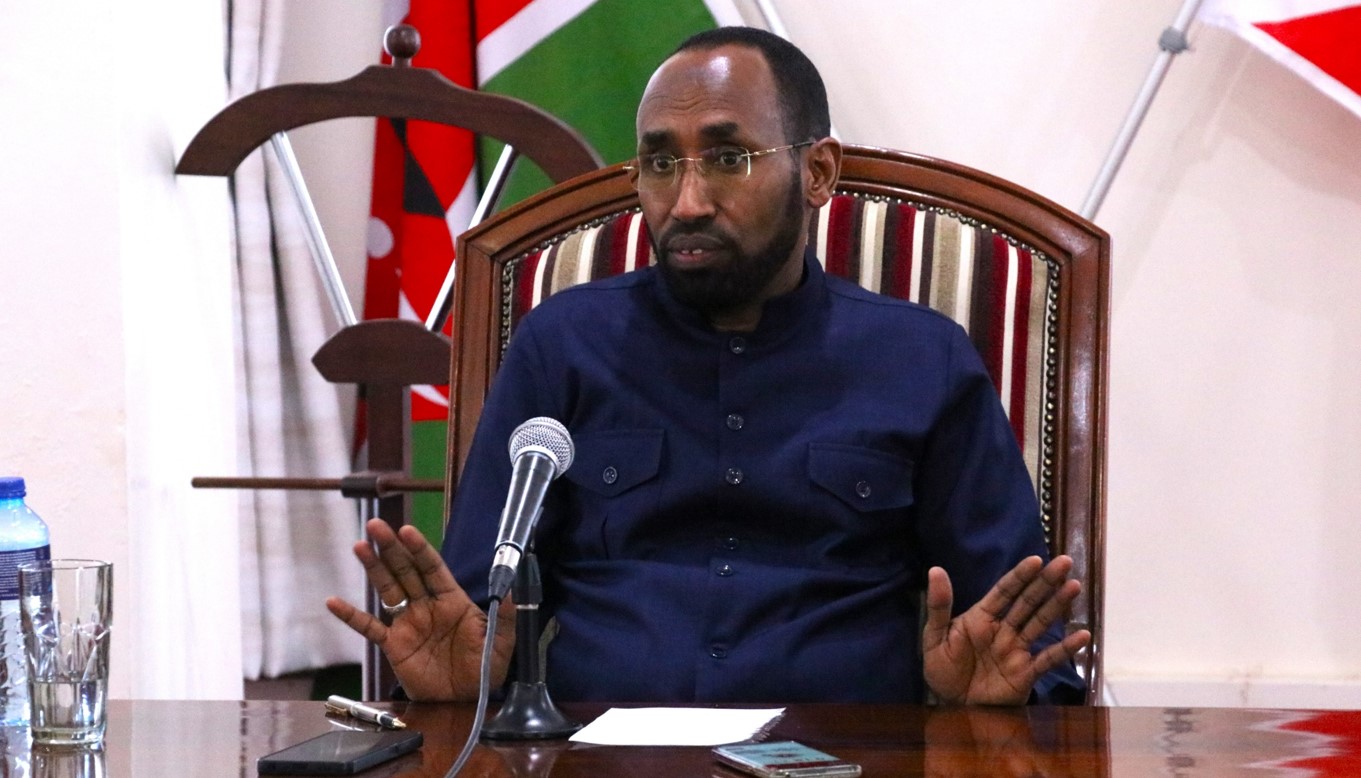Animal rights advocacy group calls for preservation of donkeys
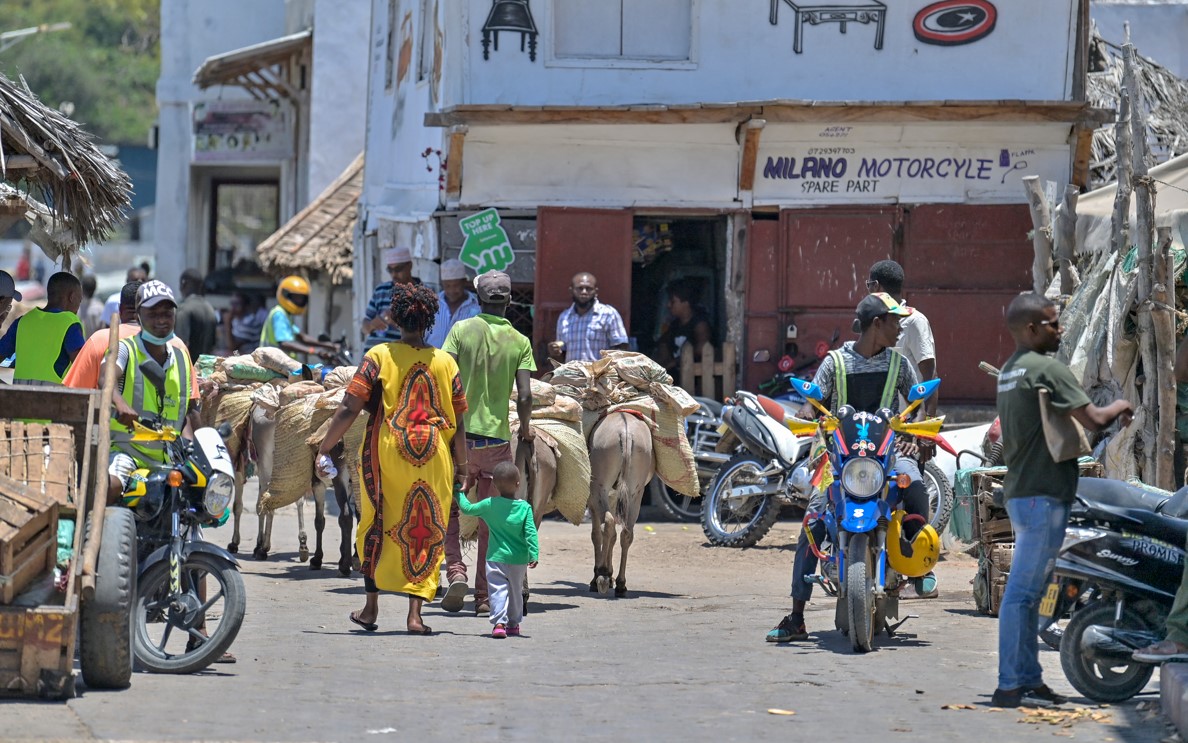
National Donkey Day is celebrated on May 17 every year to underscore the importance of recognising donkeys as valuable animals deserving of care, given their indispensable role in enhancing people's livelihoods, especially for women in arid areas.
Animal Rights Advocacy group, Brooke East Africa has called on Kenyans to preserve donkeys and take care of their welfare owing to the key role they play in enhancing livelihoods.
In a statement that coincides, the group that has advocated for equine Welfare and Species Preservation said donkey preservation will ensure that the roles played by donkeys in the current climate change crisis are maintained.
More To Read
"As communities worldwide, particularly in Africa, grapple with adapting to the triple planetary crisis of climate change, biodiversity loss, and pollution, donkeys remain resilient assets playing vital roles in sustainable agriculture, transportation, and livelihoods."
"Their adaptability to changing and drying environments positions them as vital economic drivers, especially in rural populations across Africa, a contribution worthy of recognition in national GDP assessments," Dr Raphael Kinoti, Regional Director of Brooke East Africa says in the statement.
National Donkey Day is celebrated on May 17 every year to underscore the importance of recognising donkeys as valuable animals deserving of care, given their indispensable role in enhancing people's livelihoods, especially for women in arid areas.
The theme for this year is "The Year of Donkey Species Preservation in Africa" highlighting the critical role donkeys play in supporting livelihoods.
The theme is conjoined with the African Union, Inter-African Bureau for Animal Resources(AU-IBAR)'s call for the implementation of the Dar es Salaam declaration and executive decision to ban the slaughter of donkeys for the skin trade.
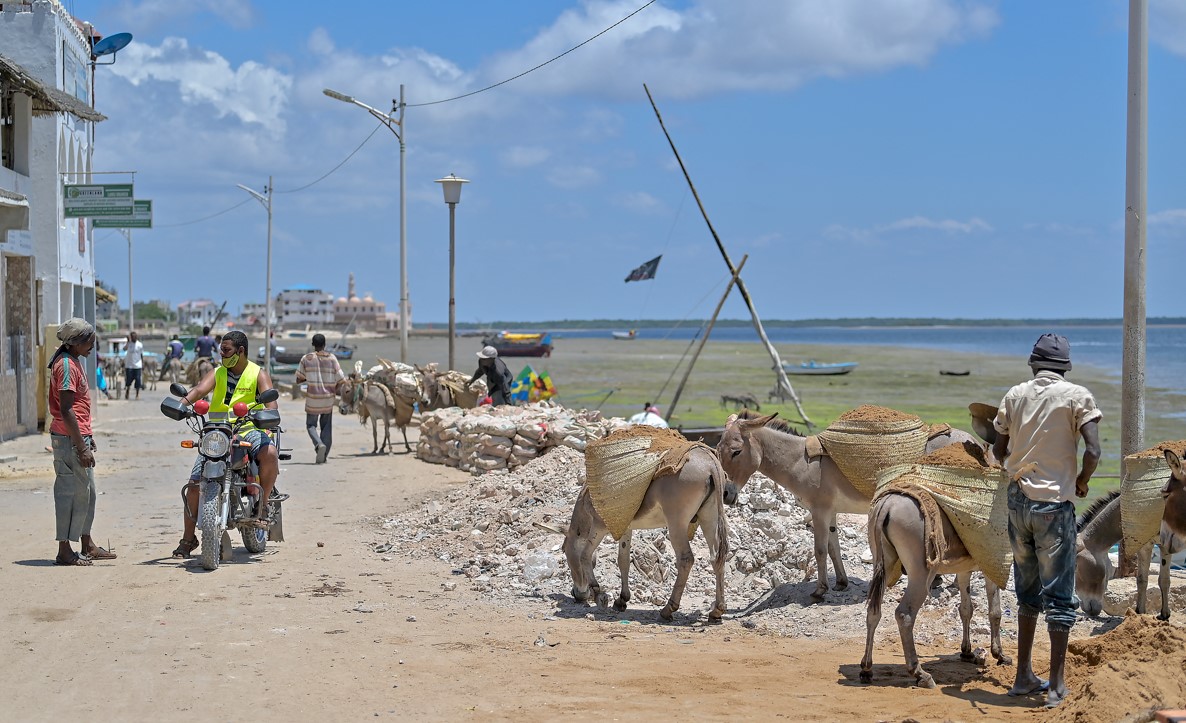 A man packs sand into reed-baskets saddled on his donkeys in Lamu town. (Photo: AFP)
A man packs sand into reed-baskets saddled on his donkeys in Lamu town. (Photo: AFP)
Brooke East Africa is however concerned that there is growing concern over the alarming decline in donkey populations across Africa, primarily due to unsustainable slaughter for their skin to meet the growing demand for ejiao (traditional Chinese medicine).
"In addition to the skin trade, the Kenya meat market is slowly being saturated by donkey meat, posing significant health risks. As we commemorate National Donkey Day, it is imperative that we address these concerns and initiate dialogues on the policies and legislation necessary to protect donkeys from exploitation while enhancing their health and welfare,"
The group further warns of the emergence of bush slaughter as a new threat that further exacerbates the pressure on dwindling donkey populations, posing not only an ecological concern but also a public health hazard through the sale of illegally slaughtered donkey meat.
"The indiscriminate slaughter of donkeys not only inflicts cruelty upon these animals but also risks the transmission of zoonotic diseases to unsuspecting consumers," Dr Kinoti adds.
In the region, the event is marked across East Africa with events unfolding in Kenya, Tanzania, South Sudan and Somaliland.
This year marks a significant milestone following the AU ban on the donkey skin trade that took place in February during the 37th Ordinary Session of the African Union Assembly in Addis Ababa, Ethiopia.
At the same time, Kenya is tightening its law enforcement mechanisms to guard against the sale of unauthorized beef including donkey meat as a means to protect public health and preserve the animal.
Top Stories Today

